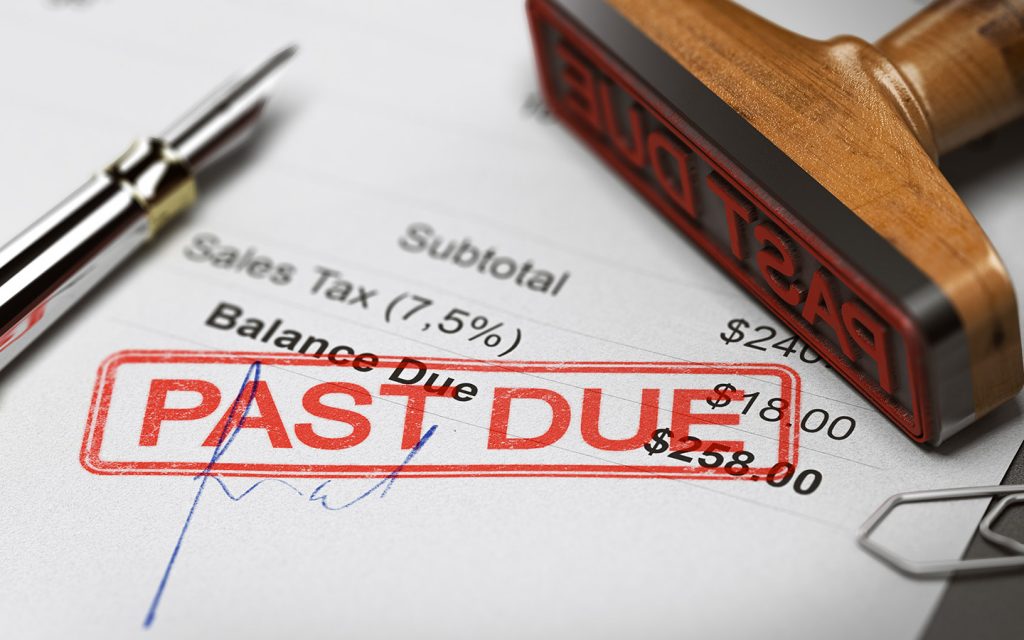The United Arab Emirates (UAE) is a country that is experiencing rapid economic growth, and as a result, there has been an increase in the number of individuals and companies that are struggling to pay their debts. Debt collection in UAE is a sensitive issue, and it is important to be aware of the legal framework that governs the debt collection process.
Debt collection in dubai is a complex and challenging process where there are various laws and regulations that govern debt collection practices. Understanding the legal framework for debt collection is crucial for both creditors and debtors to protect their rights and ensure fair and transparent debt collection practices. In this article, we will provide a comprehensive overview of the legal framework for debt collection in the UAE, including the laws and regulations that govern debt collection practices.
Whether you are a creditor seeking to recover a debt or a debtor facing debt collection proceedings, this article will provide you with valuable insights into the legal framework for debt recovery Dubai.
Read More About: The UAE strengthens its anti-money-laundering efforts

What is the Legal Framework for Debt Collection in UAE?
UAE debt collection laws are primarily governed by the UAE Civil Transactions Law (Federal Law No. 5 of 1985), the UAE Penal Code (Federal Law No. 3 of 1987), and the UAE Commercial Transactions Law (Federal Law No. 18 of 1993).
Under the Civil Transactions Law, a creditor has the right to collect his debts from the debtor, and the law provides several legal remedies to creditors for debt collection, such as:
1- Filing a case in the competent court:
A creditor can file a civil case against the debtor in the competent court to recover his debt. The court may order the debtor to pay the debt, along with any interest, damages, or costs incurred by the creditor.
2- Negotiating a settlement:
The creditor and debtor can negotiate a settlement, either directly or through a mediator, to resolve the debt issue.
3- Enforcing a court judgment:
According to debt collection laws, If the court orders the debtor to pay the debt, the creditor can enforce the judgment by seizing the debtor’s assets, bank accounts, or other properties to satisfy the debt.
Under the Penal Code (UAE debt collection laws), there are criminal penalties for debtors who fail to pay their debts or provide false information to creditors. For instance, a debtor who absconds with the intention of avoiding payment of debts may face imprisonment, fines, or both.
the Commercial Transactions Law governs the collection of commercial debts and provides additional legal remedies to creditors for debt collection, such as the right to issue a payment order or claim for damages in case of late payment.
It is important to note that debt collection in UAE is subject to various regulations and guidelines issued by the Central Bank of the UAE, the Ministry of Economy, and other regulatory bodies. These regulations aim to protect both the creditors and the debtors and ensure fair and transparent debt collection practices.
Know more about Debt Collection Services in UAE
How does debt collection work in UAE? | debt collection and debt recovery dubai
UAE Debt collection typically involves several stages and can be a complex and time-consuming process. Here’s a general overview of how debt collection works in the UAE:
1- Initial Contact
The creditor contacts the debtor to request payment of the debt. This can be done by phone, email, or in writing. The creditor may also send a demand letter to the debtor outlining the amount owed, the due date, and any applicable interest or penalties.
2- Negotiation
debt collection dubai, If the debtor is willing to negotiate, the creditor and debtor may enter into a repayment plan or settlement agreement. This can involve negotiating a lower amount or extending the payment terms.
3- Legal action
If the debtor is unwilling or unable to pay, the creditor may file a case in the competent court. The court will examine the evidence presented by both parties and issue a judgment.
4- Enforcement
in accordance best debt collection lawyer in Dubai, If the court issues a judgment in favor of the creditor, the creditor may seek to enforce the judgment by seizing the debtor’s assets or bank accounts. The court may also order the debtor’s employer to deduct a portion of the debtor’s salary to pay the debt.
It is important to note that debt collection in UAE is subject to various regulations and guidelines issued by the Central Bank of the UAE, the Ministry of Economy, and other regulatory bodies. These regulations aim to protect both the creditors and the debtors and ensure fair and transparent debt collection practices.
Read more about What Is a Debt Collection Agency?

What is the punishment for loan defaulters in Dubai? | debt collection abu dhabi
In Dubai, loan defaulters may face legal action and financial penalties. The exact punishment for loan defaulters can depend on the specific circumstances of the case and the terms of the loan agreement. However, here are some of the consequences that loan defaulters may face:
1- Taking legal action
according to our best lawyer in dubai, If a loan is not repaid, the lender may take legal action against the borrower. This can include filing a case with the Dubai courts and seeking a judgment in their favor. If the court issues a judgment against the borrower, they may be required to pay the debt plus any interest, penalties, and legal fees.
2- Blacklisting
Loan defaulters may be blacklisted by the UAE’s credit reporting agencies, which can make it difficult for them to obtain credit or conduct financial transactions in the UAE in the future.
3- Seizure of assets
If the borrower has assets in Dubai, such as property or vehicles, the lender may seek to seize these assets to satisfy the debt.
4- Travel restrictions
In some cases, loan defaulters may be prevented from leaving the country until the debt is repaid.
It is important to note that the UAE has implemented several initiatives to support borrowers facing financial difficulties, including the creation of a financial restructuring committee and the introduction of new bankruptcy laws. Therefore, it is recommended that borrowers communicate with their lenders and seek assistance in restructuring their debts, in order to avoid legal action and potential consequences for their credit history.
Read more about How to deal with debt collectors in UAE?
Why Choose Khairllah law firm for Debt Collection?
debt collection in UAE is a complex legal process that requires an understanding of the legal framework that governs it. Creditors who are owed debts in the UAE should seek the advice of a qualified attorney to ensure that they are in compliance with the law and that they are using the most effective legal remedies available to them.
As we are aware of the negative effects that unpaid debts may have on a company’s bottom line, so we collaborate with our clients closely to create debt collection strategies that are unique to their specific needs in our best debt collection agency in dubai.
Our debt collection lawyers take great satisfaction in the ability to collect unpaid debts with a high percentage of success while upholding the highest standards of professionalism and honesty and the best debt collection services in Dubai.





Hi. A friend of mine has some credit card debt that he would like to settle. He is currently out of the UAE. Can you advise on how to proceed with this? Along with your fees and structure involved.
You can reach me on 0585853269
Hello! Same with my friend. Did u received any asvise?
Hi , I gave my friend for an business investment of 10000 aed and he has not paid any of this amount it is being a year , but I have no proof except WhatsApp chat can I open a file against this person
A friend of mine has some credit card debt that he would like to settle. He is currently out of the UAE. Can you advise on how to proceed with this? Along with your fees and structure